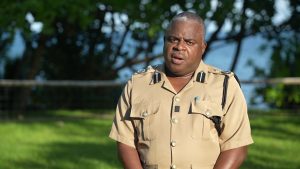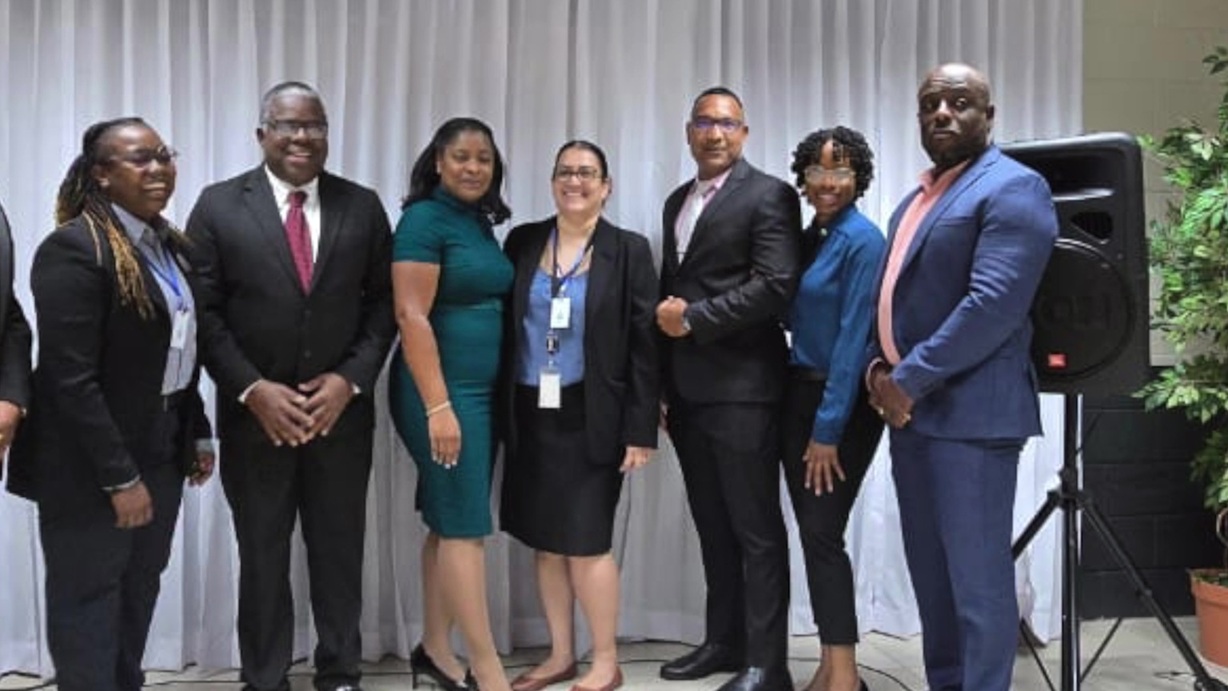CARICOM Tackles Gun Crime with High-Tech Training
Fifteen security experts from across CARICOM recently gathered in Trinidad and Tobago for a hands-on fellowship on small arms and light weapons, hosted by the United Nations. The group toured key facilities, including the Trinidad and Tobago Forensic Science Center, where they got a close-up look at how comparison microscopes help crack gun-related crimes. They also visited the police armory to see how laser engravers are used to mark firearms, making them easier to trace and regulate. Belize was represented by Deputy Commissioner of Police Bart Jones, who pitched a bold idea: bringing digital firearm registration to Belize. He shared insights from the program and how it could shape the future of gun control back home.

Bart Jones
Bart Jones, Deputy Commissioner of Police
“We had the opportunity to get an experience of how stockpiles are destroyed. Because the idea is to have within our region the level of control in respect to stockpiles. Preventing legally held stockpiles – that means those that are held by civilians and of course the military and government agencies. Preventing them from getting into the hands of criminals and therefore avoiding unplanned explosions and violent crimes. The region, as we discussed in the fellowship, across the region and Belize is no example where on an average eighty percent of the murders are committed with firearms. So, it was a situation that was timely as the region grapples with armed violence. We also looked at armed violence not only from the perspective of murders but also from the gender and youth perspective. Looking at how arms and arm violence affect women and young persons and the importance of having them in the discourse. When policies and procedures are put in place, they as primary stakeholders are also in the discussion. We also recognize that armed violence is not only a law enforcement issue. It impacts on health. It impacts on education and bits of government as we discussed. We were able to in group exercises learn the best practices from our different region.”






Facebook Comments